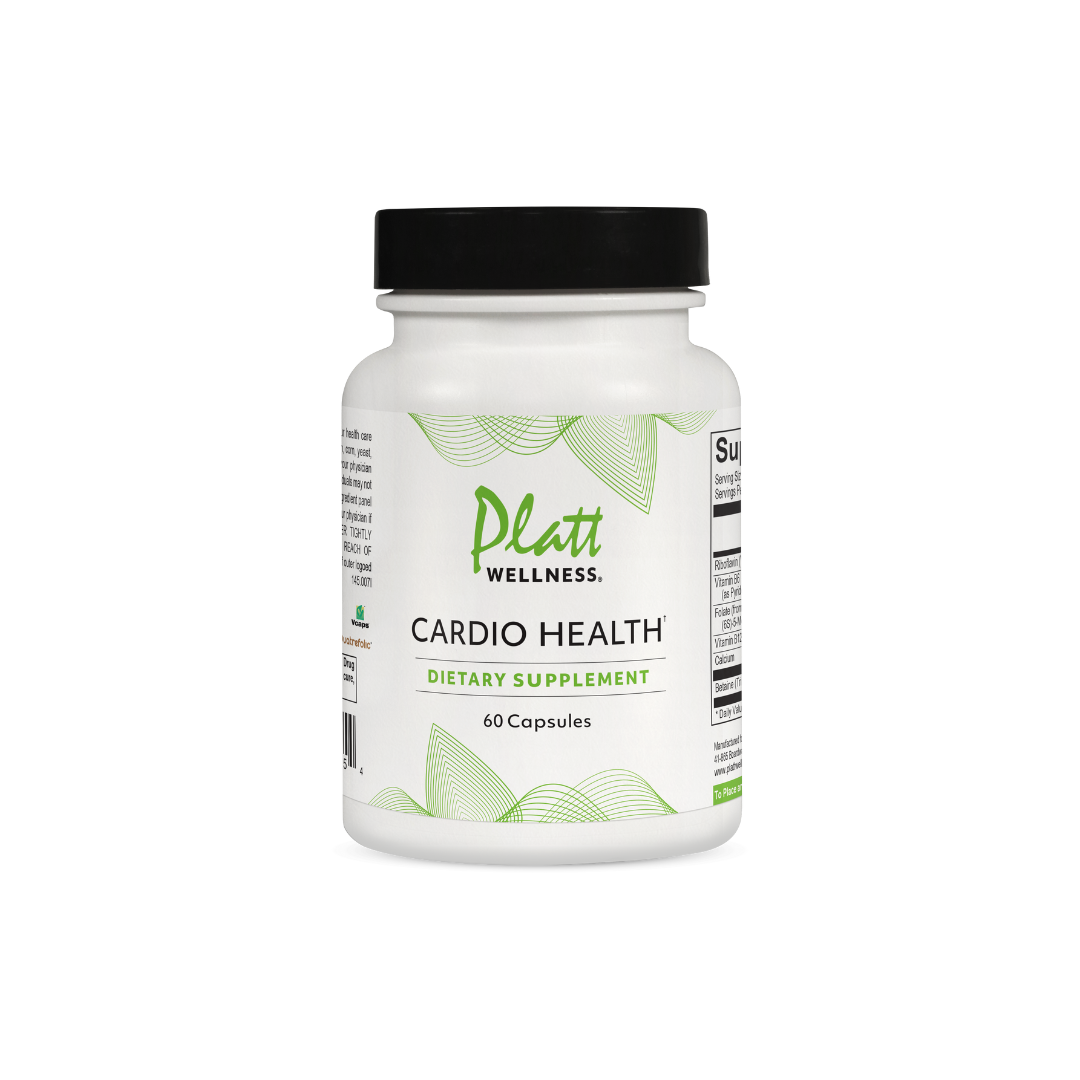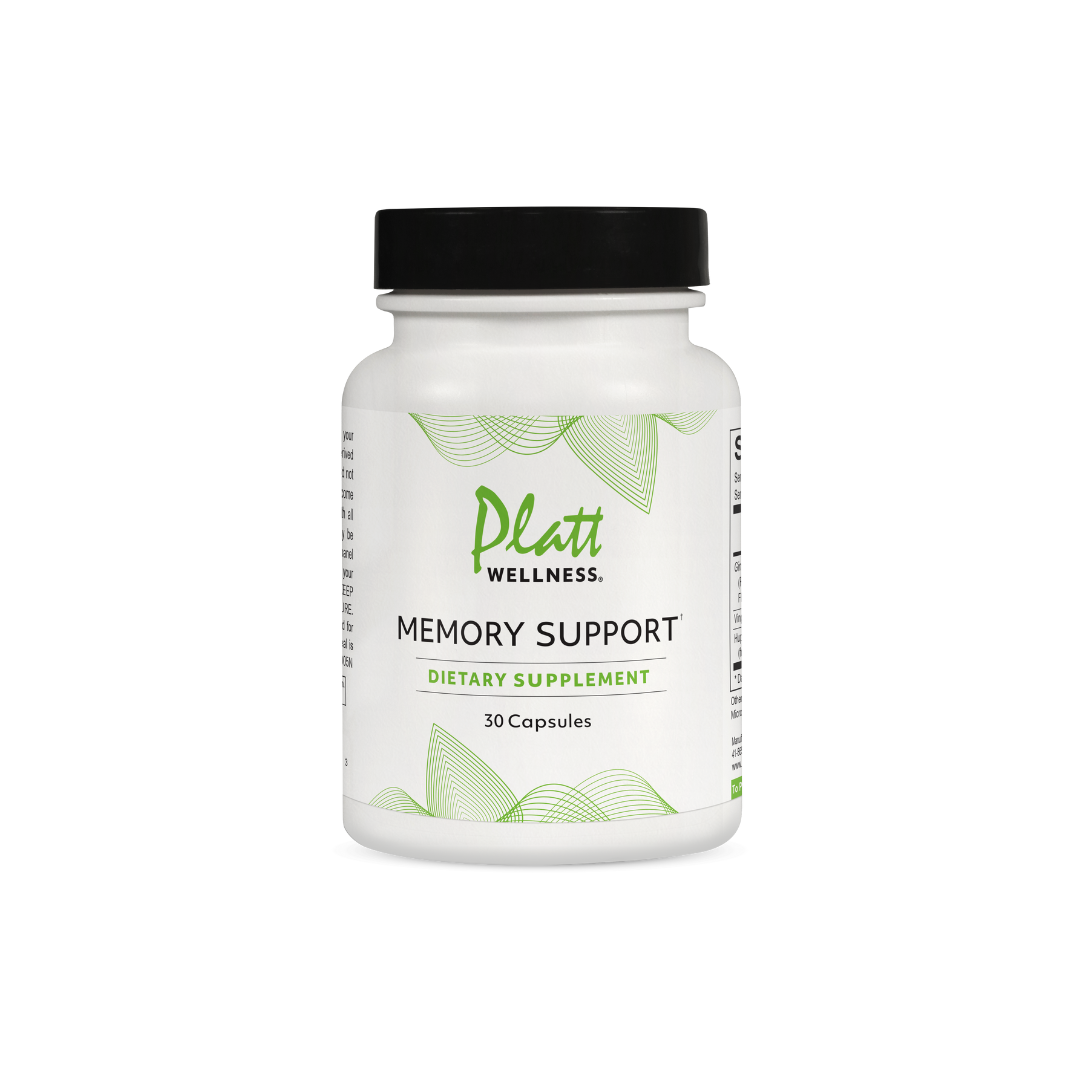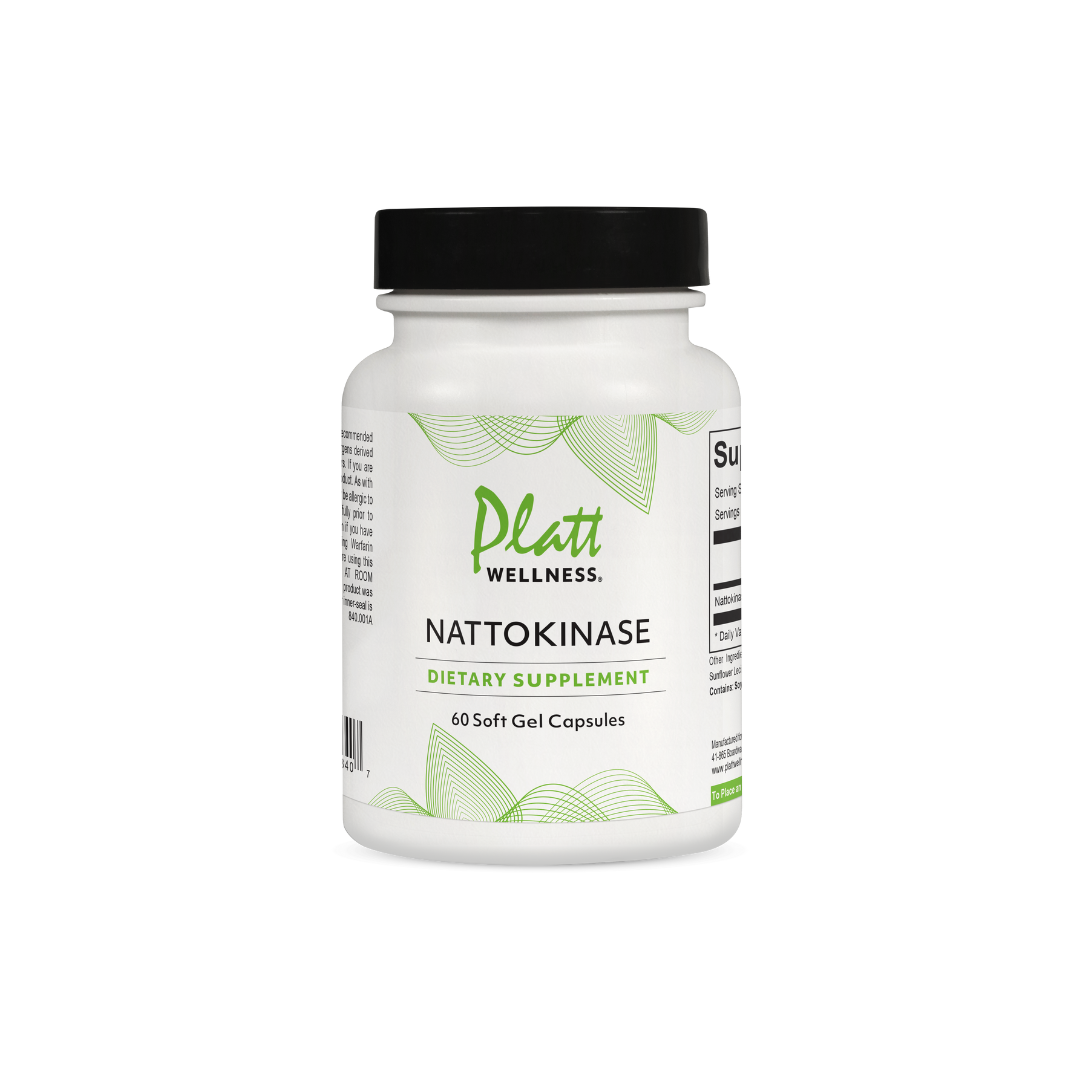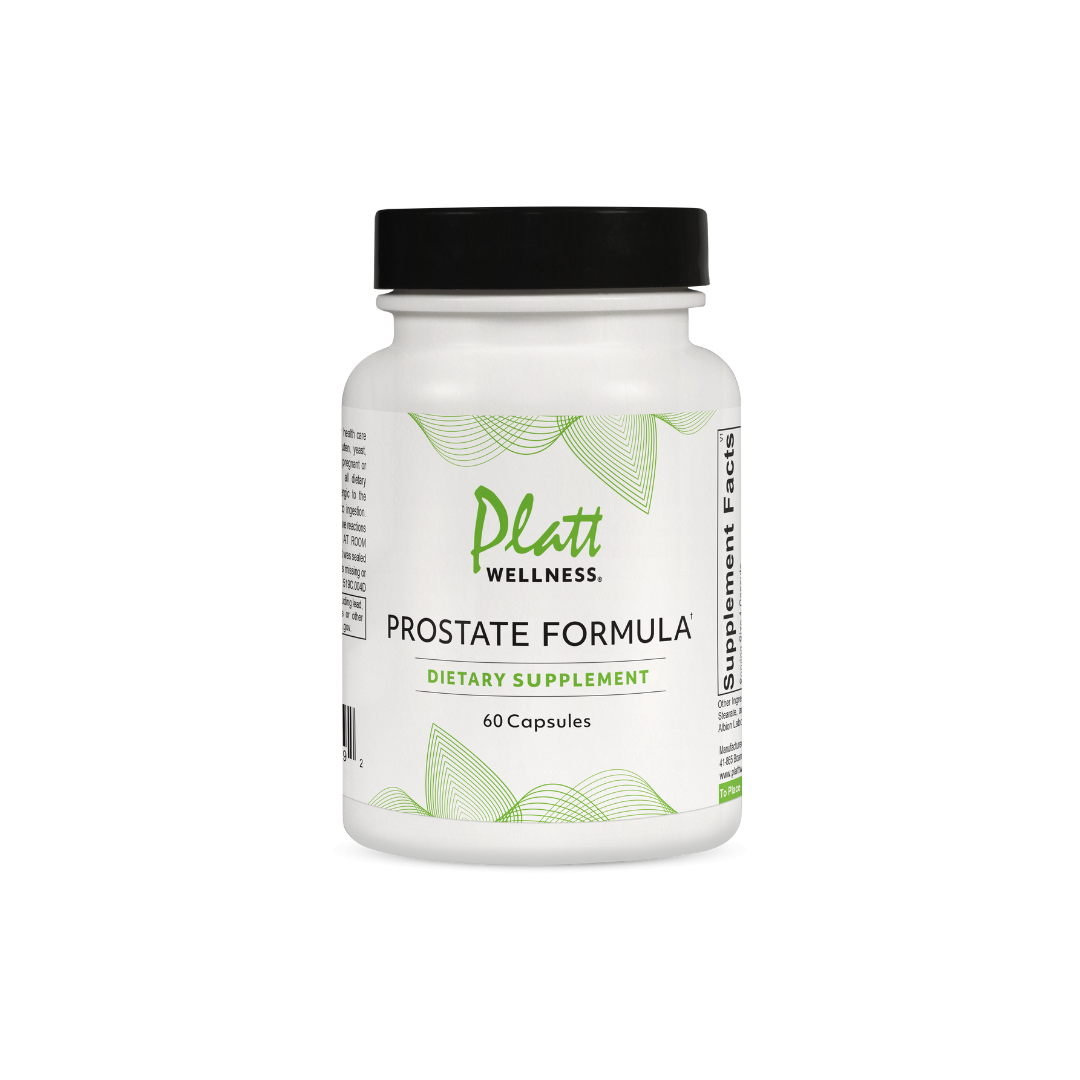The National Institutes of Health estimates that roughly 30 percent of the general population complains of sleep disruption.
In addition, adults need 7 or more hours of sleep per night for the best health and wellbeing. Short sleep duration is defined as less than 7 hours of sleep per 24-hour period, according to the CDC.
Insomnia refers to trouble falling asleep, trouble staying asleep, or both. People can have difficulty achieving sound sleep for a variety of reasons, including physical discomfort, emotional issues, and financial problems. However, excess adrenaline is the number one cause of insomnia.
During our sleep, adrenaline surges to feed the brain
Adrenaline works as both a hormone, affecting a number of bodily functions, and as a neurotransmitter in the brain. People with a high level of adrenaline functioning as a hormone are generally the ones who have trouble falling asleep.
In addition to insomnia, the other characteristics of elevated night time adrenaline include tossing and turning, grinding teeth, restless leg syndrome (RLS), and getting up to urinate.
To prevent the buildup of adrenaline during the day and night I recommend:
1) A proper low glycemic diet. I offer a free meal plan with my book “Adrenaline Dominance” designed for helping to manage adrenaline.
2) MCT oil (medium chain triglyceride). The MCTs in coconut oil break down into ketones, which can be used by brain cells for fuel. The idea is that supplying the brain with some extra fuel might make it run better. Under normal circumstances, brain cells use glucose for energy. Adrenaline surges cause insulin to rise when the brain needs fuel.
3) A 5% progesterone cream (a natural adrenaline blocker) and safe for all ages for both men and women.
Other causes or symptoms
ADHD
Those who awaken during the night are often people with creative type ADHD. These are often the people who complain that their mind does not shut off at night. From a survival standpoint, the body always wants to ensure that the brain has enough fuel to function properly. And the creative brain is more active than a normal brain and therefore requires more fuel. The creative brain runs out of fuel about every three hours.
Weight gain
People who put out a lot of adrenaline at night are often in the unique position of gaining weight even while they are sleeping. This is because the body is releasing two hormones that produce glucose which becomes stored in fat cells as fat because it is not being burned. You can read more in my blog about gaining weight during your sleep.
Early morning awakening
If, during the night, the body detects that the brain has used up its fuel, it will release adrenaline to raise the sugar level and the person will wake up. This release most often occurs between 2:30 and 3:00 a.m. and can continue throughout the rest of the night, so the person may keep waking up intermittently or even not be able to fall back to sleep.
Hot flashes
The release of adrenaline around 2:30 a.m. may cause hot flashes in perimenopausal or menopausal women with creative type ADHD, and may cause both men and women to experience the urge to urinate starting around this time.
Treatment
The treatment to prevent adrenaline levels from rising during the night is to eat a light, low-glycemic snack shortly before bedtime, preceded by the application of progesterone cream. A tablespoon of MCT oil will also help fuel the brain before going to sleep and eliminate the need for adrenaline to increase sugar to feed the brain.
With my ground breaking book, “Adrenaline Dominance”, which includes a meal plan which supports a proper diet to balance adrenaline.
In addition, we also recommend Melatonin as a sleep aid which is a hormone and a power anti-oxident.
Melatonin is a hormone secreted by the pineal gland which is located in the brain. It is produced at night with the highest levels secreted around midnight. It regulates our circadian rhythm and tells us when to sleep and when to wake.
Shop our entire Adrenaline Dominance collection which include free guides.
If you have any questions, please email me at questions@plattwellness.com.
Platt Wellness Team








